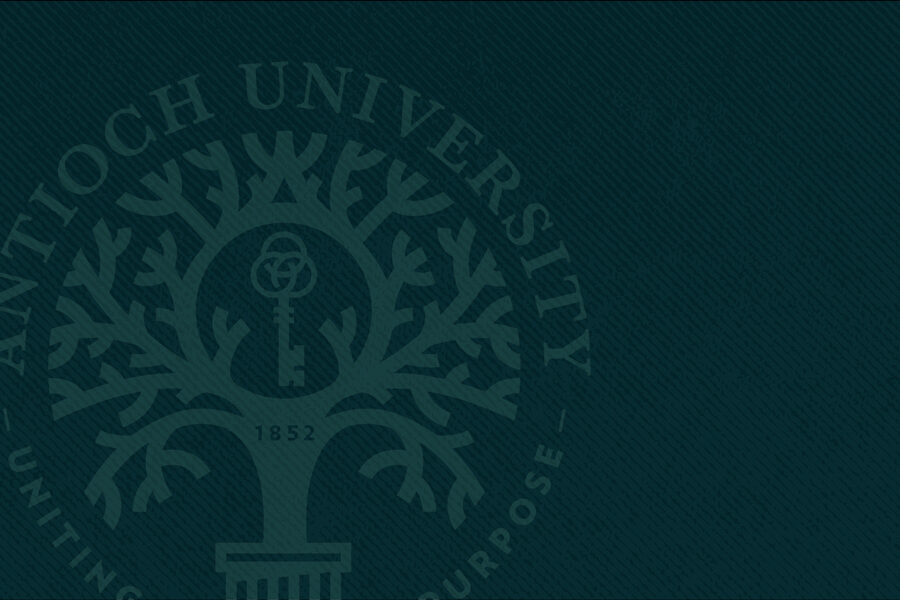When Bob Lazzarini was president of the Pasadena Pacers, a running club that meets at the iconic Rose Bowl, he met a lot of people who said they couldn’t run. Whether it was a sore knee or a mental block, most people thought they couldn’t do it. So he would say to them, “We’re going to shuffle our feet for a minute, and we’re going to walk for nine.” The change was gradual—but also, stunning. As Lazzarini, who today is Core Faculty in Antioch’s Graduate Management Programs, explains, “Next thing you know, you’re running ten minutes, and you’re walking one.” And their progress didn’t stop there. “They’d run around the Rose Bowl and back to the parking lot, which is about four miles, and ask, ‘What’s next?’ Pretty soon, they’re running ten miles, which isn’t that far from a half marathon. And when people run their first marathon, they say, ‘What else did I think I couldn’t do that I might do?’”

At Antioch, Lazzarini teaches the course “Leader Identity and Development,” in which he helps students develop not as runners but as leaders. But his underlying philosophy—and his impressive results—are similar to those from his time as a running coach. In this course, which is required for the Leadership and Teams concentration in the Antioch MBA and an elective in the Master of Health Services Administration and MA in Nonprofit Management programs, students examine their perceptions of themselves as leaders and chart a path for their further development. Lazzarini pushes students to get out of their comfort zone and realize that discomfort is a part of growth. He has seen many students transform as a result. Leadership is not just about management or running a great team. According to Lazzarini, it’s about becoming a fuller version of oneself.
Lazzarini remembers a student he had in his class, a young man in his late twenties. This man didn’t see himself as a leader because he had never been in a management role. But he started experimenting with acts of leadership as a team member, without having any real authority, and he reported back that his team was improving. He simply noticed when someone was doing a great job, thanked them, and asked them to keep doing it. As a result, this man started to see himself as a leader, which, as Lazzarini explains, is the first step to leader development.
Establishing whether someone sees themselves as a leader goes beyond behavior to include examining one’s values, beliefs, and assumptions. It’s the presence that you bring to the room, your attitude, and your readiness to make an impact. “You’ve got self as an instrument,” Lazzarini says. “You are the instrument of intervention. You are the instrument of change.”
Like starting a running regimen after a long period of inactivity, becoming a more conscious leader often causes some discomfort. Developing as a leader requires building the capacity to be an active learner, and becoming an active learner requires a growth mindset. As Lazzarini puts it, “I cannot grow and develop as a leader if I am not willing to step into something that feels temporarily inauthentic, so that I can begin to see how it works for me.” Discomfort comes with the territory. It’s a natural part of growth.
For former student Rebecca Blankinship, the experience of taking “Leader Identity and Development” had a strongly positive impact. As she explains, “I felt supported to go through a transformative process around how I think about my own Leader Identity and how I can support others to see themselves as leaders.”
“When we are looking at leader development, we are really addressing how people make meaning of the world around them and their role in it,” says Lazzarini, “to the point where they take control of their destiny and learn to own their voice and beliefs.”
No one knows better than Lazzarini that the journey to running a marathon begins with running for one minute. He used to inspire people who said they couldn’t run at all to run miles upon miles; now, his class helps students unlock their deepest aspirations as emerging leaders. As Lazzarini puts it, “Leader development is about becoming a person who has certain ways of being that enable others to do more and make progress on things that are hard.”






